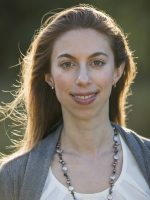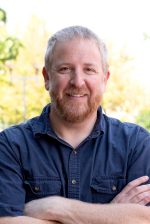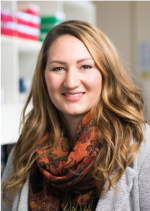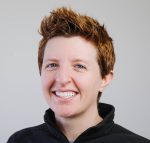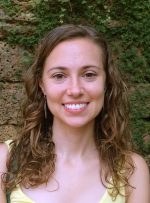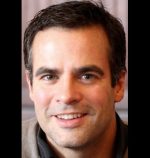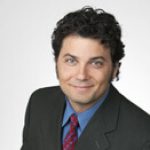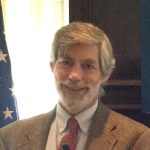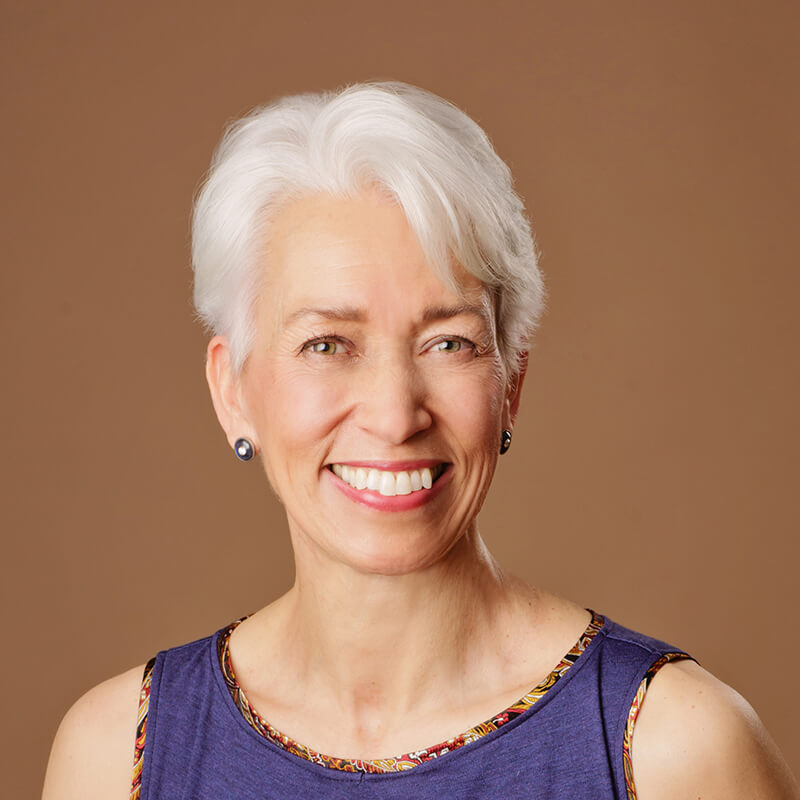
Nina Jablonski
CHED Co-Director and Evan Pugh University Professor of Anthropology, College of the Liberal Arts
A biological anthropologist and paleobiologist, she studies the evolution of adaptations to the environment in Old World primates including humans.
Her research program is focused in two major areas. Her paleoanthropological research concerns the evolutionary history of Old World monkeys, and currently includes an active field project in China. Her research on the evolution of human adaptations to the environment centers on the evolution of human skin and skin pigmentation, and includes an active field project examining the relationship between skin pigmentation and vitamin D production.
Email – ngj2@psu.edu
STIAS (Stellenbosch Institute for Advanced Study) Effects of Race Project
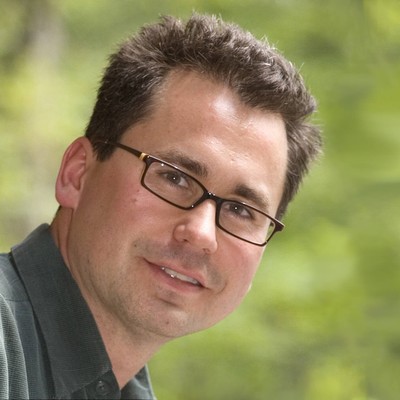
Mark Shriver
CHED Co-Director, Professor of Biological Anthropology, College of the Liberal Arts
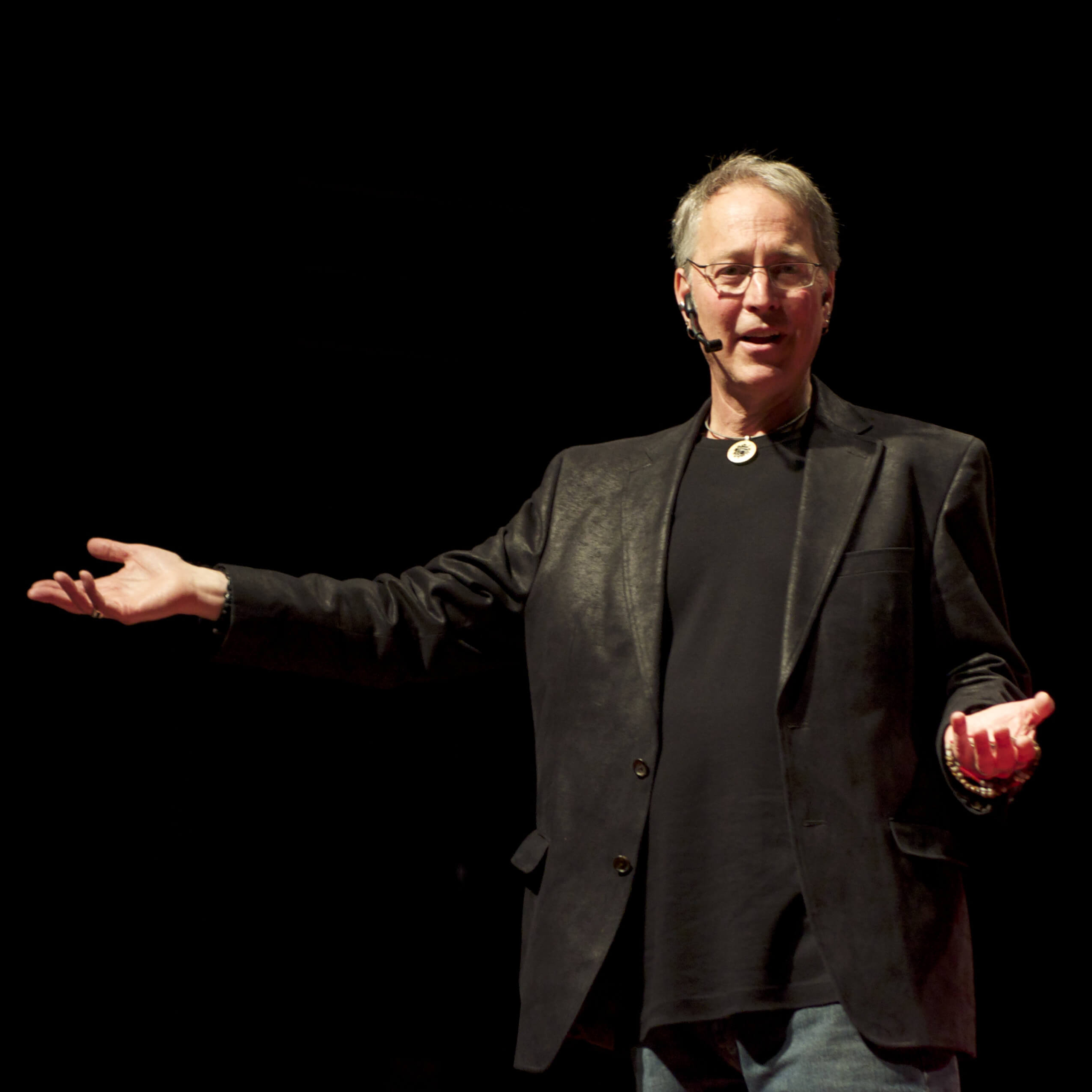
Sam Richards
Teaching Professor of Sociology, College of the Liberal Arts

Peter Hatemi
Professor of Political Science, College of the Liberal Arts
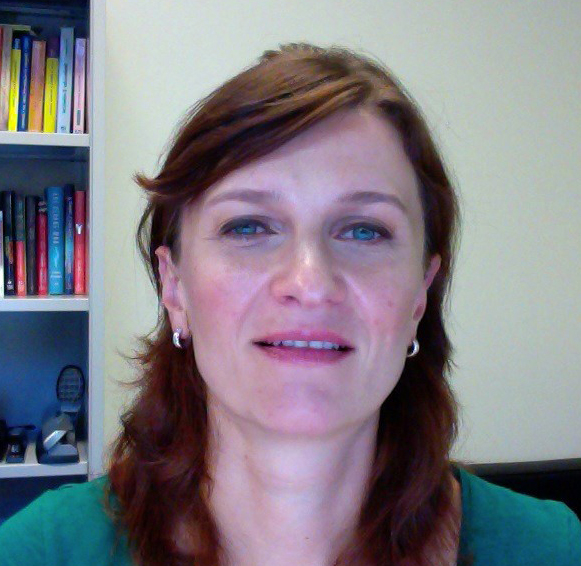
Kateryna Makova
Pentz Professor of Biology and Director of the Center for Medical Genomics, Eberly College of Science
Kateryna is interested in genomics, evolution, and human genetics. Her lab studies mutations using both computational and experimental approaches. Additional topics of interest include sex chromosome evolution and genomics of childhood obesity.
Email – kmakova@bx.psu.edu
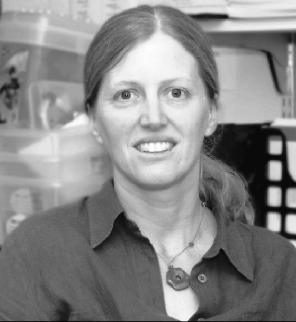
Jenae Neiderhiser
Professor of Psychology, College of the Liberal Arts

George (PJ) Perry
Associate Professor of Anthropology and Biology, College of the Liberal Arts and Huck Institute of Life Sciences
PJ is a biological anthropologist with training in genomics. His research group at Penn State uses genomics and other approaches to study human and non-human primate evolutionary ecology – how we have adapted to our variable or changing environments. Current human research in his laboratory includes evolutionary studies of rainforest hunter-gatherer populations in Central Africa and Southeast Asia, and population history studies of the Malagasy, the people of Madagascar. His lab also has an ancient DNA component that is used primarily for genomic studies of Madagascar’s extinct, giant ‘subfossil’ lemurs, but also for studies of archaeological human populations.
Email – ghp3@psu.edu
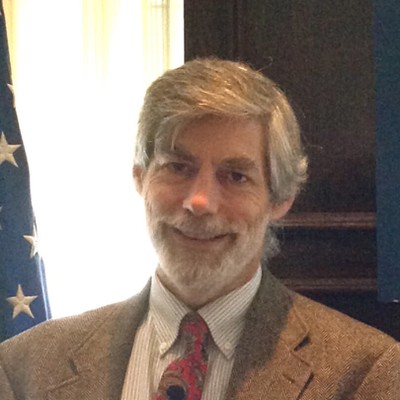
Eric Plutzer
Professor of Political Science, College of the Liberal Arts
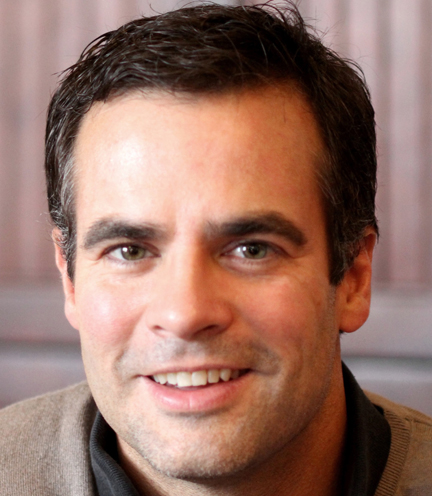
David Puts
Associate Professor of Anthropology, College of the Liberal Arts
Dr. Puts studies the neuroendocrine and evolutionary bases of human sexuality and sex differences. His research focuses on how sexual selection has shaped human anatomy, psychology and behavior, as well as the hormonal and genetic basis for these and other sexually differentiated traits. Members of Dr. Puts’s lab employ a variety of methodological techniques in the lab and in the field across cultures and species, including psychological experimentation, anthropometry, enzyme immunoassay of salivary steroid concentrations, and candidate gene and genome-wide association studies.
Email – dap27@psu.edu
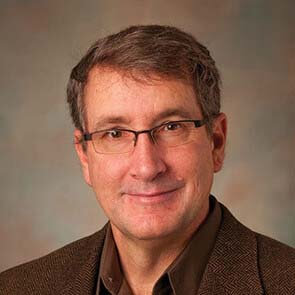
David Almeida
Professor of Human Development and Family Studies, College of Health and Human Development
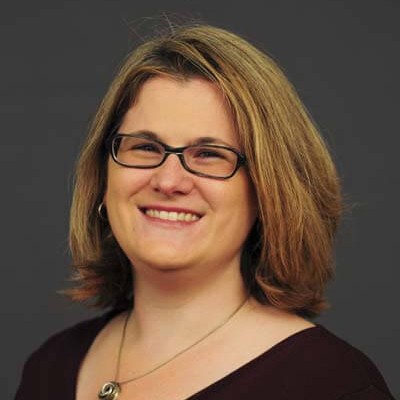
Heather Toomey Zimmerman
Associate Professor of Education, College of Education
Heather is a learning scientist who investigates and designs meaningful trajectories of educational activities for families and young people during out-of-school time. Her goal is to connect everyday life experiences to the learning that happens in schools, camps, museums and other informal spaces. Her research interests include science learning, parent-child interactions, designing for learning in informal institutions, technology to support learning across settings, and gender issues that intersect with STEM disciplines.
Email – heather@psu.edu
